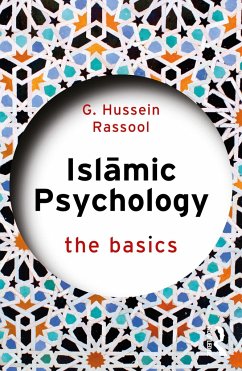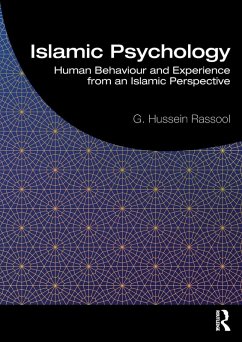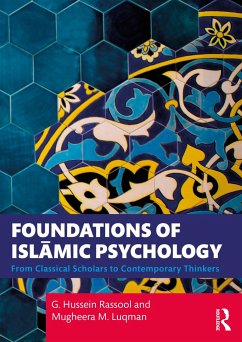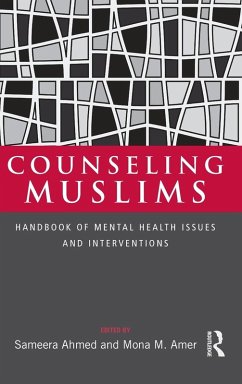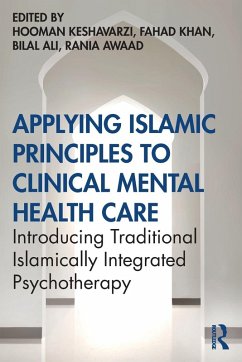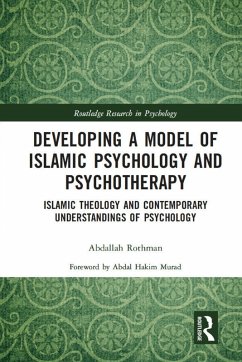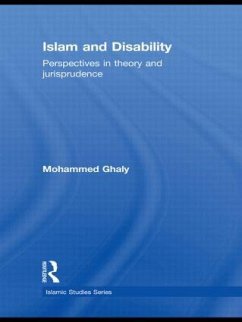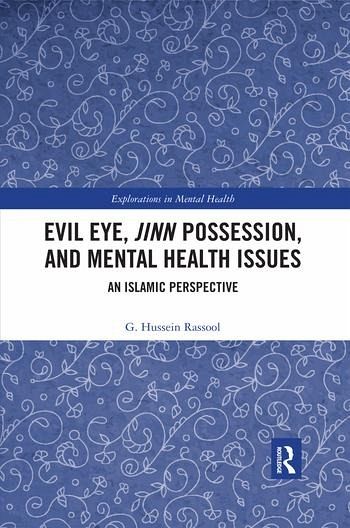
Evil Eye, Jinn Possession, and Mental Health Issues
An Islamic Perspective

PAYBACK Punkte
20 °P sammeln!
Evil Eye, Jinn Possession, and Mental Health Issues raises awareness of the cultural considerations, religion and spirituality involved in the assessment of Muslim patients with mental health problems. The belief that Jinn spirits can cause mental illness in humans through affliction or possession is widely accepted among Muslims, meaning this belief is a crucial, but frequently overlooked, aspect of mental health problems with Muslim patients in psychiatric care. This book explores the nature of such beliefs, their relationship to mental health and the reasons for their importance in clinical...
Evil Eye, Jinn Possession, and Mental Health Issues raises awareness of the cultural considerations, religion and spirituality involved in the assessment of Muslim patients with mental health problems. The belief that Jinn spirits can cause mental illness in humans through affliction or possession is widely accepted among Muslims, meaning this belief is a crucial, but frequently overlooked, aspect of mental health problems with Muslim patients in psychiatric care. This book explores the nature of such beliefs, their relationship to mental health and the reasons for their importance in clinical practice.
The book argues that it is vital to consider mental disorders as a multifactorial affair, in which spiritual, social, psychological and physical factors may all play a role. It suggests differential diagnostic skills may have an important part to play in offering help to those who believe their problems are caused by possession, and provides accessible literature on clinical issues and practice, interventions, management and evidence-based practice to help health workers achieve a better understanding of Muslim beliefs about possession and how to work with patients that hold such beliefs.
Evil Eye, Jinn Possession, and Mental Health Issues is an essential manual for mental health professionals, social workers and psychologists. It should also be of interest to academics and students in the healthcare sciences.
The book argues that it is vital to consider mental disorders as a multifactorial affair, in which spiritual, social, psychological and physical factors may all play a role. It suggests differential diagnostic skills may have an important part to play in offering help to those who believe their problems are caused by possession, and provides accessible literature on clinical issues and practice, interventions, management and evidence-based practice to help health workers achieve a better understanding of Muslim beliefs about possession and how to work with patients that hold such beliefs.
Evil Eye, Jinn Possession, and Mental Health Issues is an essential manual for mental health professionals, social workers and psychologists. It should also be of interest to academics and students in the healthcare sciences.





